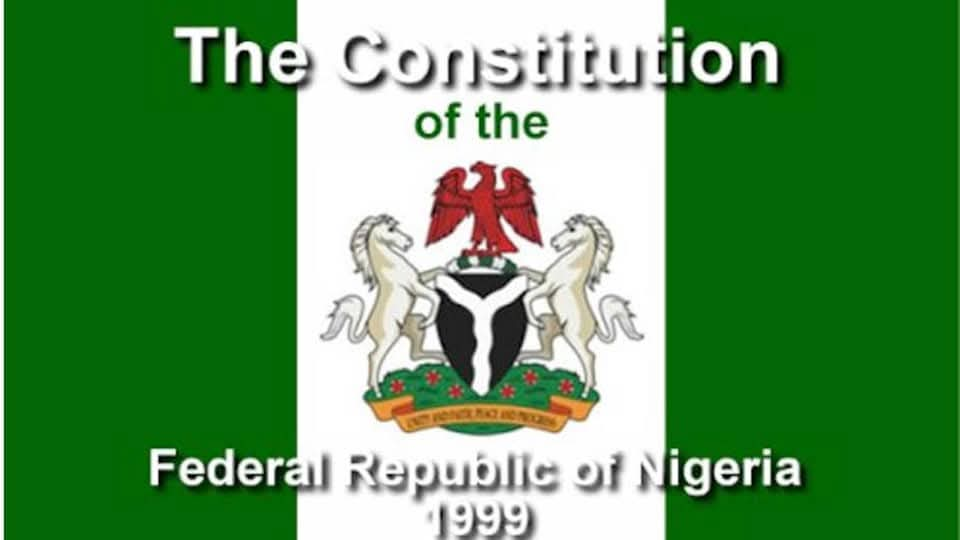News
NACS Meeting: Govt urges enhanced anti-corruption efforts

The Federal Government has called on Ministries, Departments, Agencies, and organizations involved in combating corruption to redouble their efforts and enhance their dedication to eliminating corruption in the country.
The government made the call during the validation meeting of the National Anti-Corruption Strategy Action Plan (NACS), on July 26, 2024, in Abuja.
The Attorney-General of the Federation and Minister of Justice, Lateef Fagbemi (SAN), issued this directive.
The Ministry of Justice organized the NACS validation meeting.
This event was supported by the European Union/International IDEA’s Rule of Law and Anti-Corruption Program.
Fagbemi explained that following a series of consultations, it was decided that the NACS Action Plan required a review.
This review is aimed at achieving better results.
He stated: “Following a series of consultations and collaboration among the 22 MDAs with anti-corruption and accountability mandates, it became essential to review the NACS Action Plan to ensure enhanced participation, effectiveness, and responsiveness.”
He outlined the five pillars of the NACS Action Plan.
These pillars target both public and private sectors, as well as national and subnational levels of government.
These pillars include prevention of corruption, public engagement, and a campaign for ethical reorientation.
Additionally, the plan focuses on enforcement and sanctions, as well as the recovery and management of proceeds from crime.
Nigeria adopted the ECOWAS Protocol on the Fight Against Corruption in 2001.
In July 2003, Nigeria joined other member states in endorsing the African Union Convention on Preventing and Combating Corruption.
Additionally, in October 2003, Nigeria, along with other United Nations member states, signed the United Nations Convention Against Corruption to tackle the increasing global incidence of corruption.
The action plan achievements
In her opening remarks, the Head of the Technical Unit on Governance and Anti-Corruption Reforms, Jane Onwumere, explained that the review of the action plan aims to bring the strategy document to life.
The goal is to minimize corruption and enhance effective and efficient service delivery.
She highlighted the progress achieved through the action plan, noting several key pieces of legislation.
These include:
- The Money Laundering (Prevention and Prohibition) Act, 2022
- The Terrorism (Prevention and Prohibition) Act, 2022
- The Proceeds of Crime (Recovery and Management) Act, 2022.
Additionally, she mentioned the Petroleum Industry Act, 2021, and the Companies and Allied Matters Act, 2020, among others.
The event saw the participation of several key figures, including the Auditor-General of the Federation and the Chairman of the Independent Corrupt Practices and Other Related Offences Commission.
The Chairman of the Economic and Financial Crimes Commission and the Secretary of the Public Complaints Commission also attended.
In addition, various heads of anti-corruption and accountability bodies joined the gathering.
The President of the Nigerian Bar Association, Yakubu Maikyau (SAN), and the NBA President-elect, Mazi Afam Osigwe (SAN), were also present.
They were joined by several other stakeholders.
For Diaspora Digital Media Updates click on Whatsapp, or Telegram. For eyewitness accounts/ reports/ articles, write to: citizenreports@diasporadigitalmedia.com. Follow us on X (Fomerly Twitter) or Facebook











